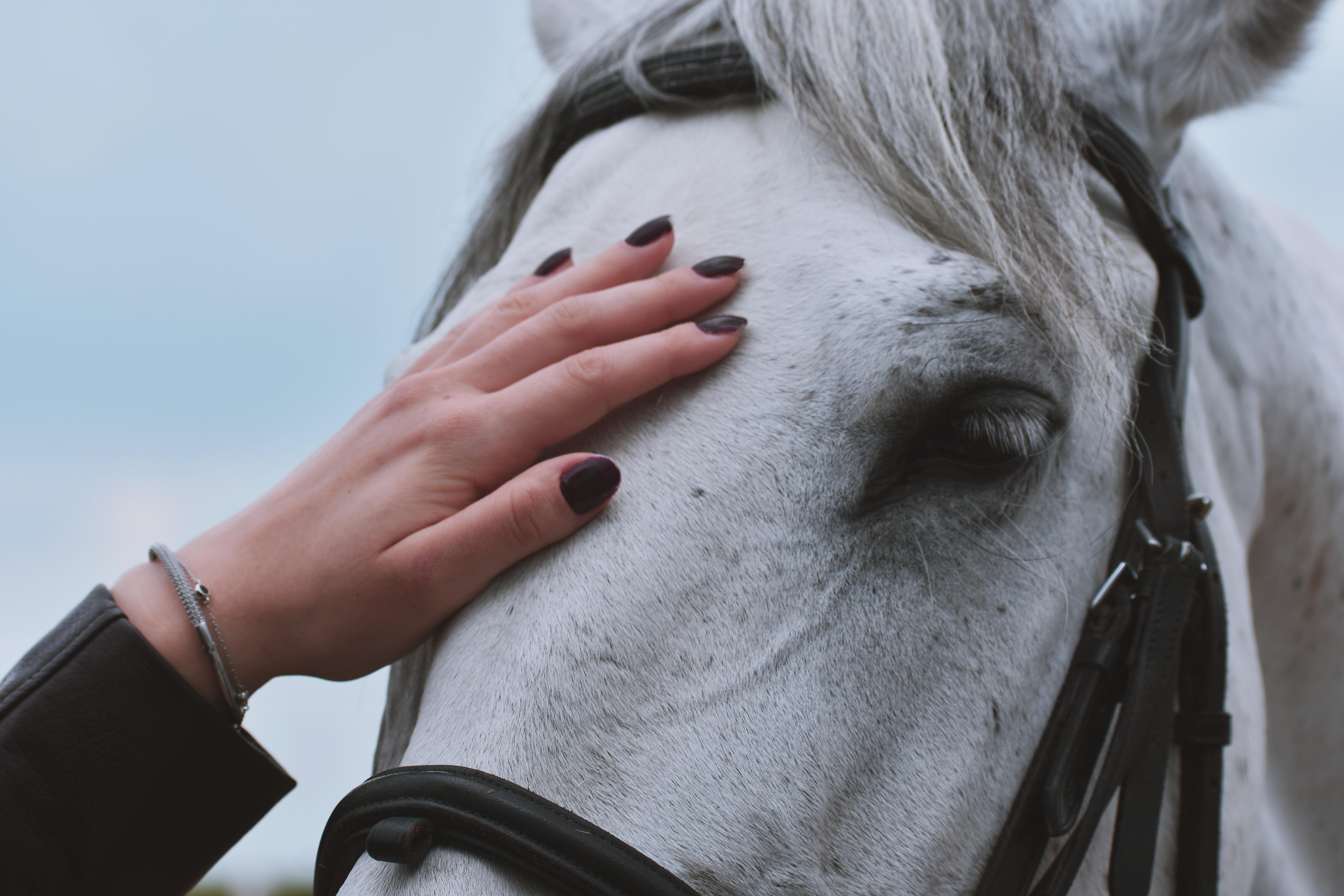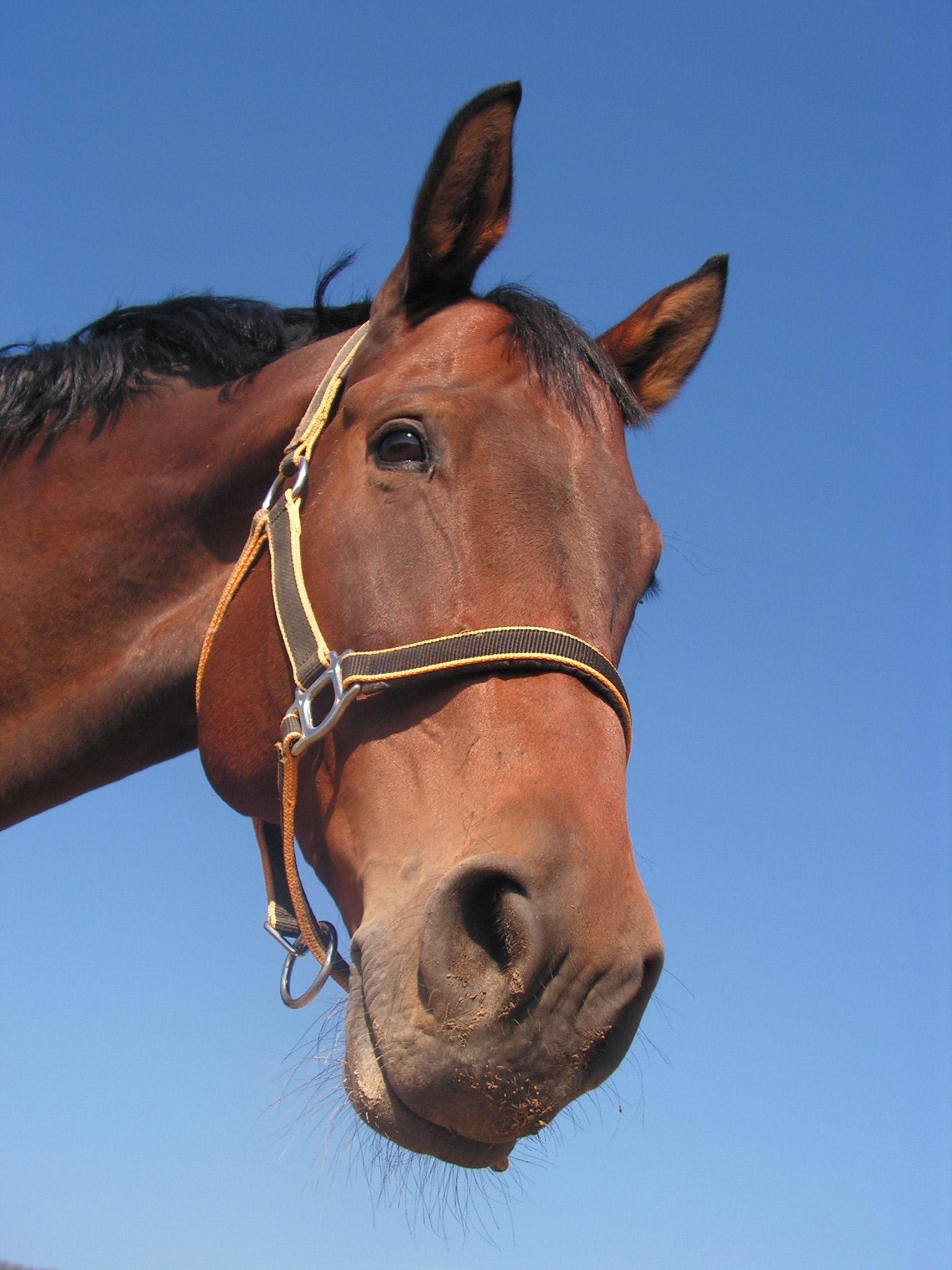
Let’s Discuss: Are Equine Service Professionals Complicit in the Poor Care of Their Clients’ Horses?
Does the fear of losing business drive the way vets, farriers, dentists, and other equine service professionals deliver advice to horse owners?
For those of us who are active on social media and have horses, our newsfeeds are packed with images of horses and horse-related issues. We can smile at our friends’ selfies with their horse pals and “like” the images and videos of riders performing amazing feats atop superb equine athletes. However, along with these feel-good images come the stories of neglect and pictures of downtrodden, emaciated horses that tug at our heartstrings. We read about those horses and applaud those who have worked to bring some of them back to good health. We are frustrated by how many thin and malnourished horses there are – and how many owners don’t seem to realize that their animals are not in good flesh. Look on your favorite social media site long enough, and you’ll find posts by horse owners who love their horses but don’t realize they’re riding and working horses that are in no condition to be in regular work.
These are the owners who give me pause and about whom I feel most conflicted. Clearly, they care about their animals, so why do their horses look the way they do? Why haven’t their vets, farriers, dentists, chiropractors, or any other equine professionals they’ve hired guided them along the right path with their horses’ nutrition? Does the fear of losing business drive the way advice is delivered to horse owners? As an equine service professional, I have found myself caught in this same conundrum.
I am an equine sports massage therapist; I offer services that are not compulsory. The people who hire me to work on their horses are not afraid to spend money pampering their animals. They opt for treatments to improve performance, reduce pain, or just make their horses feel good. As I result, when I first started working on other people’s horses, I was shocked by the number of barns that were full of thin horses with dull coats and downcast eyes. Although I see the occasional horse that is a rescue, recently acquired, or recovering from an illness that justifies a loss of weight, most of my clients have horses they have owned for longer periods of time and receive regular veterinary, farrier, and dental care. For these horses, there is no real reason for poor body condition other than the horses simply are not getting enough and/or the right types of food to eat.
As I work on horses, I always talk to owners about what I am finding, how horses are reacting, and general observations. When I finish a treatment session, I go over post-massage recommendations on how best to move forward. With the owners of the malnourished and under-muscled horses, I struggle with how to approach the issue at hand. I find myself using overly diplomatic language that does not let the owners know the severity of their horses’ conditions. I give general nutrition advice, hoping the owners can read between the lines:
“Horses really need to consume about 2% of their ideal body weight, most of which should be high quality forage…”
“Light riding and plenty of turnout for now; maybe just lunge your horse until s/he seems to be feeling more energetic…”
“Focus on building up the horse’s hind quarters and topline…”
These are my catch-all words of advice that hide what I’m really thinking: Your horse is too thin. I can see its hipbones, ribs, and spine. Please feed it more… A LOT more. Don’t ride your horse until it’s gained at least 100 pounds. Oh, and find a new barn while you’re at it.
So why don’t I give it to the owners straight? These are the owners who do not realize that their horses’ body conditions are sub-optimal because they just don’t know any better and, in many cases, have placed their trust in the barn owners, managers, and caretakers at their barns. They have been told that their breed of horse is supposed to be lean, that horses always lose weight in winter, or any number of things to justify what turns out just to be poor care. These are the horse owners who need to be educated and likely hunger for knowledge. Why don’t I let them know that they are doing their beloved Flicka a huge disservice? More importantly, why aren’t the vets, farriers, and dentists – those who are much more integral to the horse’s well-being than I – doing the same? Are we all so busy keeping our clients that we aren’t serving them? In the process, are we becoming complicit in their horses’ poor care?
I know that I struggle with the conflict between my responsibility to the animal and the need to protect my reputation as a professional and retain clients. Although I cannot speak for anyone else, I am sure this same conflict prevents others from speaking more directly as well. The truth is that client retention and responsibility to the animal should not be mutually exclusive, but instead should go hand-in-hand. However, walking into someone else’s facility and telling him/her that his/her horse is not being properly cared for is no way to keep clients or get referrals. Usually, it’s a sure fire way of having a barn manager ban you from the premises and tell every horse person s/he knows that you’re a hack or, at the very least, offending the horse owner.
So where does the answer lie? Ideally, equine service professionals would, with compassion, directly tell their clients what the horses need. We would be clear and up front about horses’ body condition and demeanor, with no fear of the outcome. As horse owners, we would suck up our pride, take the advice as its intended, and do what’s best for our horses…
I’m not sure that these scenarios are likely to come to pass immediately. In the mean time, I hope that those of us in the equine service industry can consider how our inaction makes us complicit and take strides in the right direction.
What are your thoughts? Do equine service professionals need to be more direct with their clients? Feel free to let us know your thoughts in the comments section of this article.









Leave a Comment